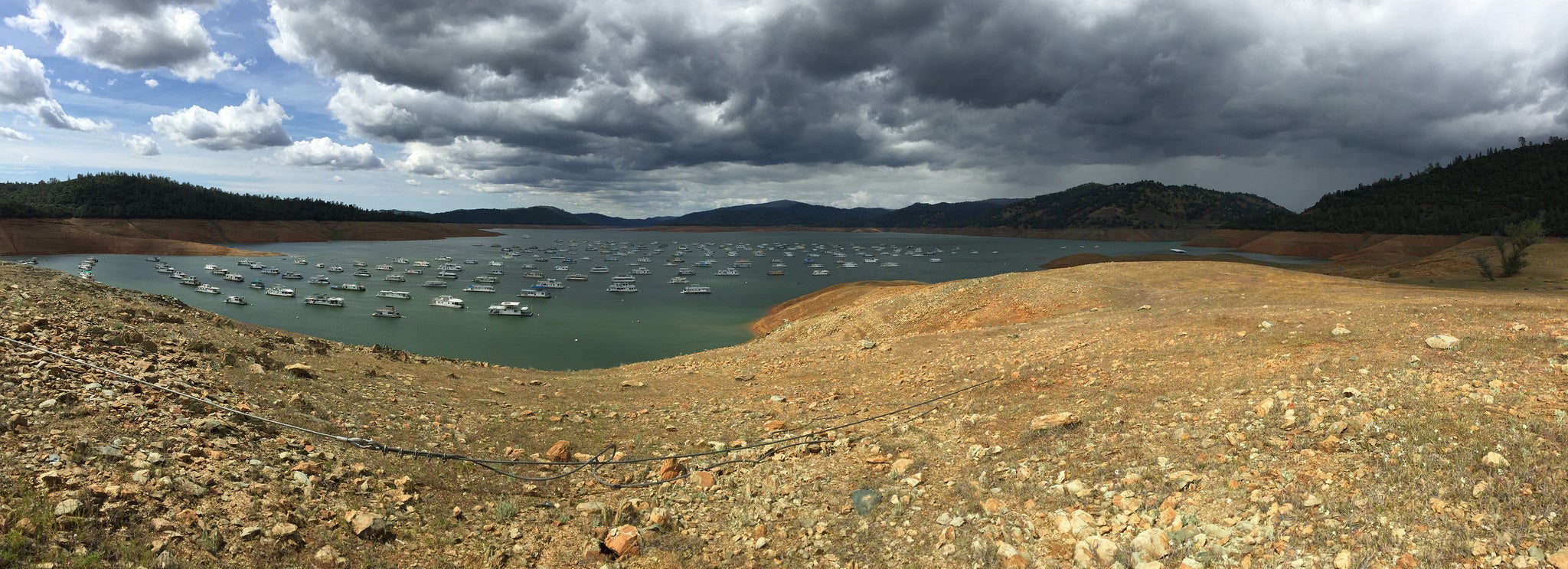
Anyone who’s stepped foot onto a trail knows that nature is good for you. Now, Florence Williams is here to tell us why. Her new book The Nature Fix: Why Nature Makes Us Happier, Healthier, and More Creative delves deep into new research showing the psychological benefits that being in nature has on human health.
Between presentations and panel discussions at Telluride’s Mountainfilm festival, Williams tested a group of peoples’ blood pressure and EKG readings before and after a short hike in the woods. The surprising conclusion: it took very little nature time to make a difference. Most participants were noticeably more relaxed after only a few minutes walking among swaying trees, singing birds, and trickling streams. We caught up with her to learn a little more about her research.

BACKPACKER: Why does our society need a nature rebalance?
Florence Williams: I think there are a couple main factors. One is that we are facing the largest mass migration in human history and it’s the migration to cities. We crossed a threshold in 2008 in which more people on the globe lived in cities than out of them, prompting one anthropologist to suggest we rename ourselves Metrosapiens. So we’re living in this totally new habitat that we didn’t evolve in.
At the same time, we are facing this chronic epidemic of disconnection from nature. We’re seeing that in the last generation or two, children grow up without substantial time spent outside. Even a lot of young professionals are in this boat. I’ve been writing a lot about the Girl Scouts, and part of the barrier we’re seeing in getting the girls outside is that their [adult] leaders are not comfortable camping and being in nature. So it’s not just the kids, but it’s also the kids’ parents.
Then there’s our wiredness to technology, which is another one of the reasons why we’re inside so much.
All of these things are related, and there’s this emerging anxiety among people who have noticed it. People who are uncomfortable with the connection to technology, who are noticing these rising levels of indoor problems like obesity, depression, and anxiety in so many young people.
What have been the most valuable sources of information for your work?
There have been a handful of scientists who have been generous with their time and taken me into their labs and the field and shared with me what they’re learning. I think a lot of scientists who are doing this work really understand the importance of reaching the public with their findings.
And I draw on my own personal experience. My book is written in the first person as I experienced a big change in my own personal habitat moving from Boulder, Colorado to Washington, D.C.
Your book and talks mention the power of awe in nature and the emotional response to stimuli that “blow your mind.” What does awe do for us?
We’re just starting to learn, but it looks like, physiologically, it can lower our inflammatory immune cells like our cytokines….





